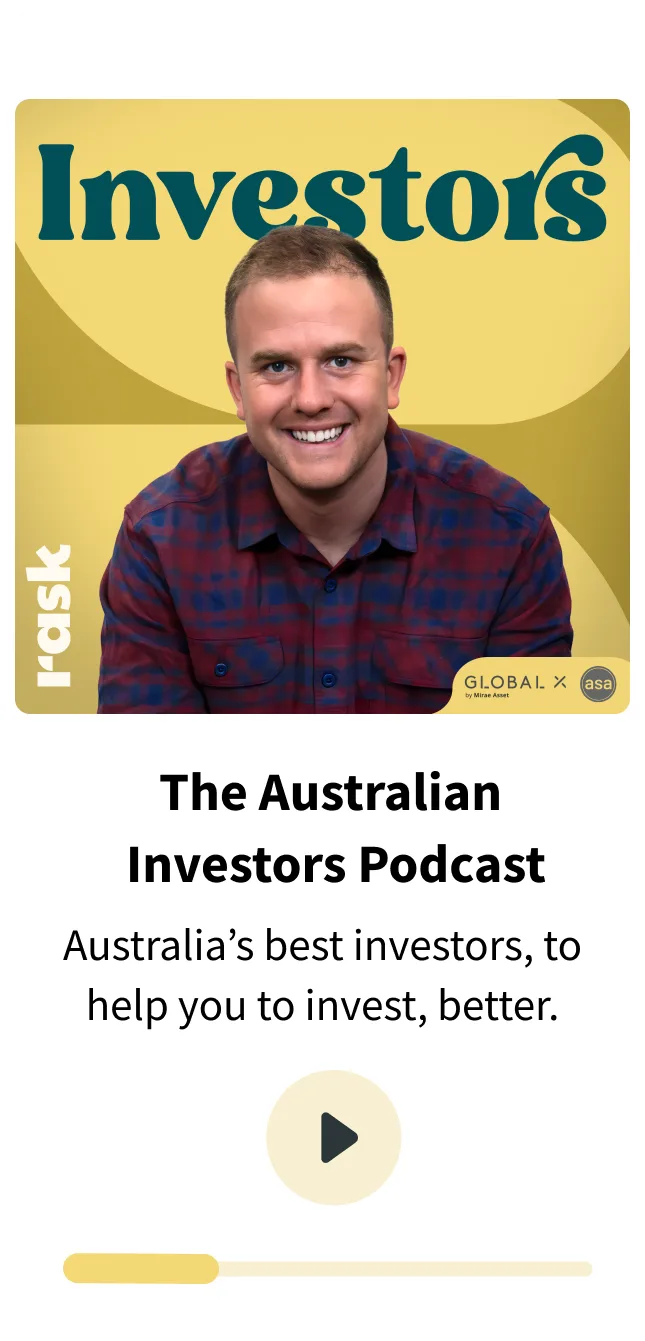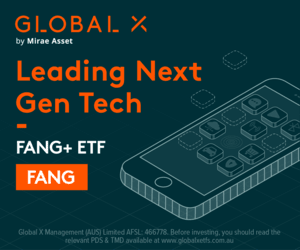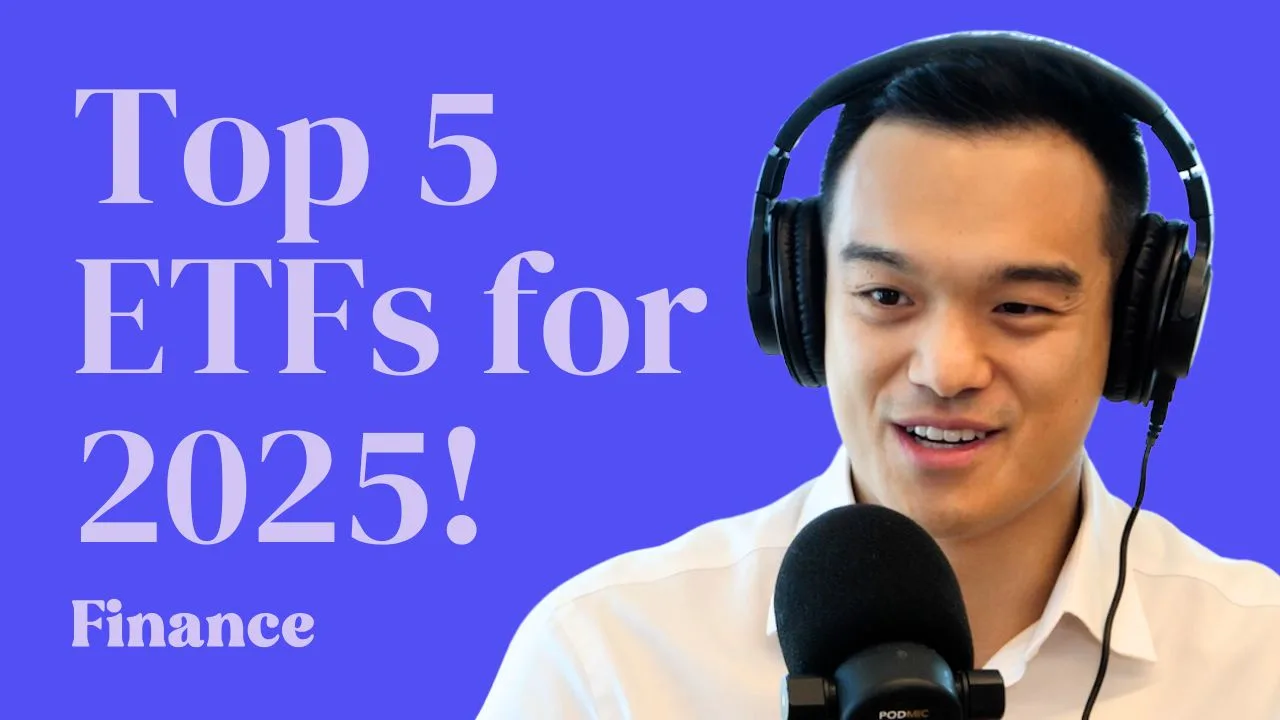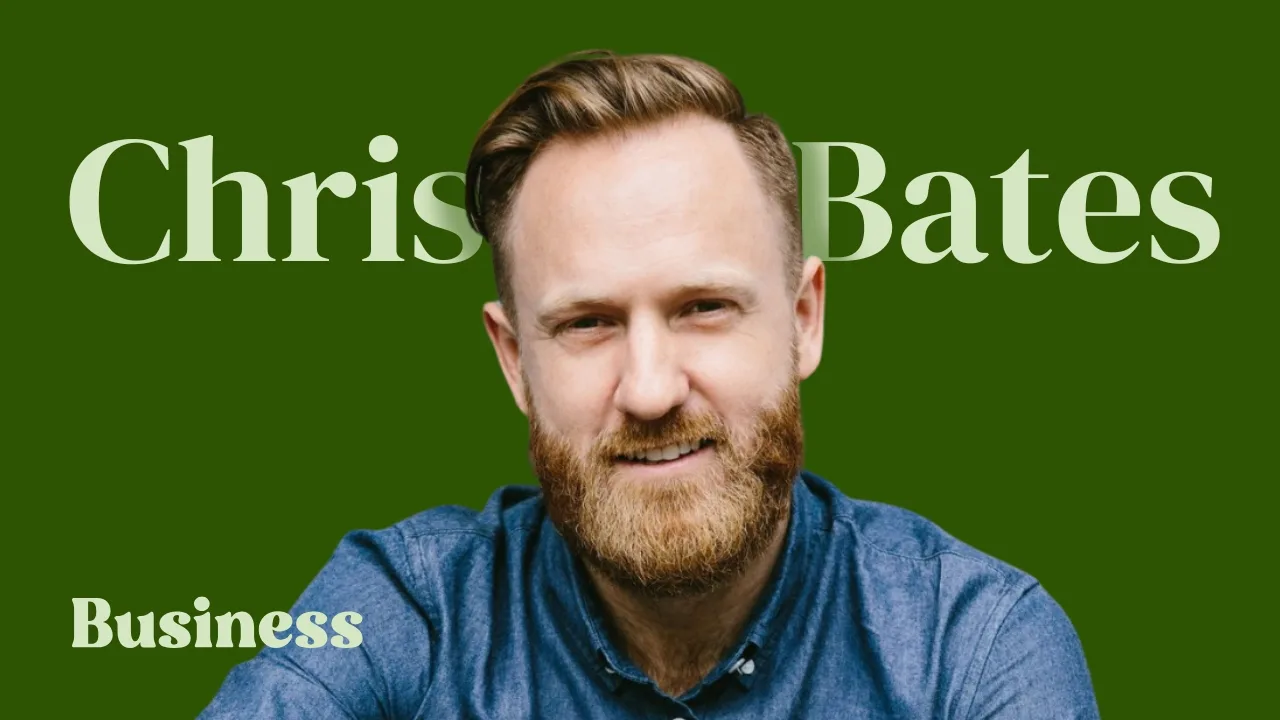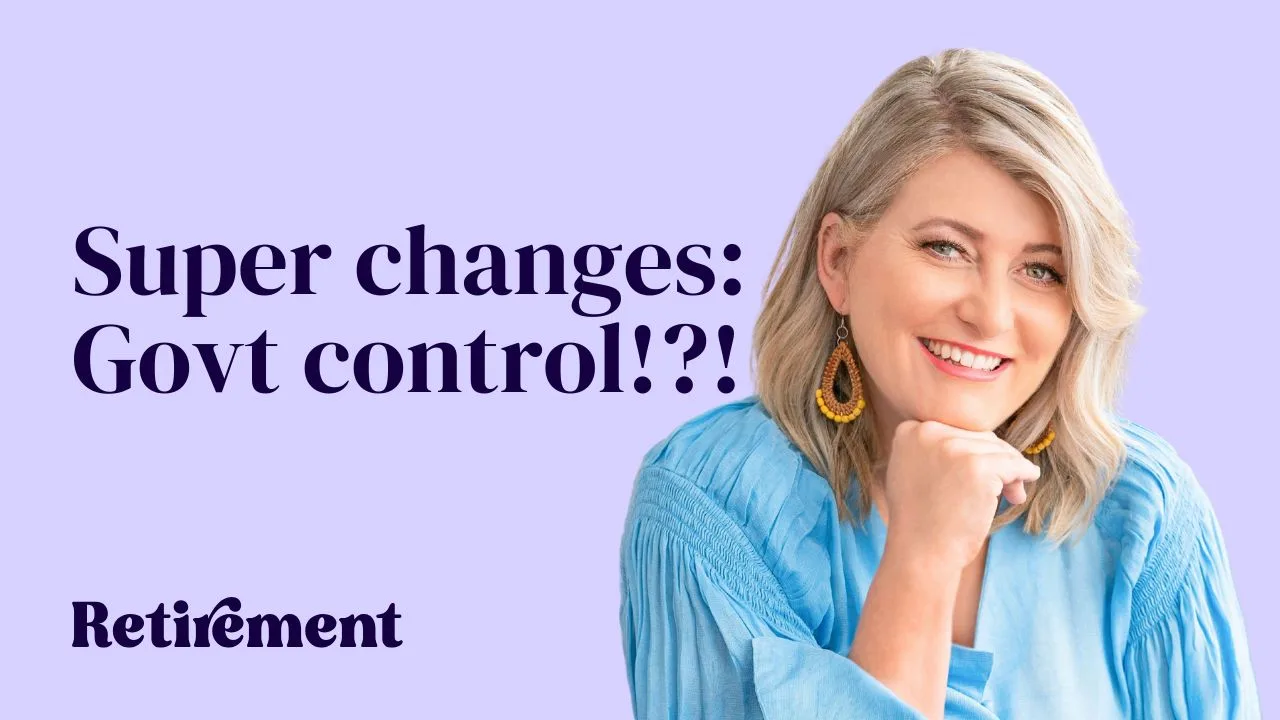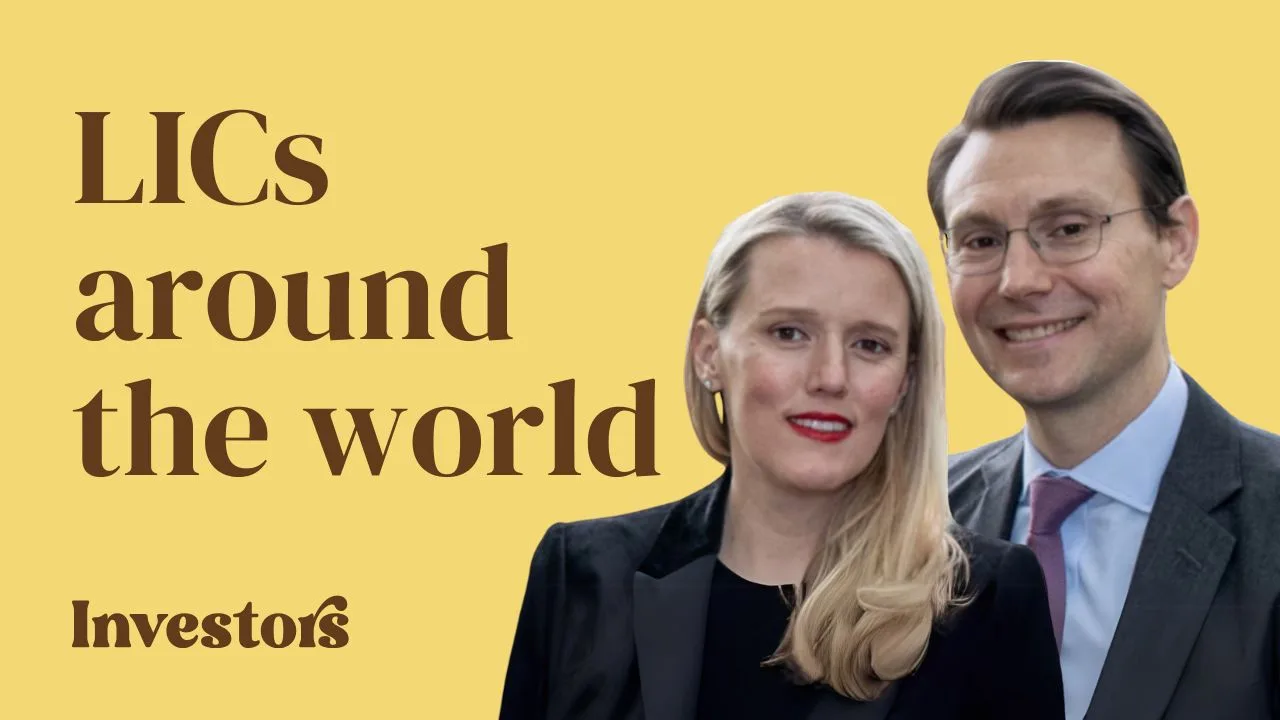John Addis is the founder of Intelligent Investor, author of How Not to Lose $1 Million: Win at investing by losing less, and one of Australia’s best investment writers. He joins Owen Rask to dive deep into four categories of losses and how to avoid the costliest investment mistakes.
The four categories of losses includes:
- Stocks John bought but shouldn’t have
- Stocks he bought but sold too soon
- Stocks he bought but sold too late, and
- Stocks he should have bought but didn’t.
ASX shares profiled in the podcast:
- Flight Centre (ASX: FLT)
- Afterpay (now part of Block Inc)
- Apple Inc (NASDAQ: AAPL)
- Facebook/Meta Platforms (NASDAQ: META)
- Star Entertainment Ltd (ASX: SGR)
- Cochlear Ltd (ASX: COH)
- PMP Ltd (ASX: PMP), and more.
John Addis podcast points
John, how did it come to be that Flight Centre was your first pick?
In the book you mention 3 types of investors. Can you walk us through the pros and cons of these three approaches as you see them? And how can an investor sort the options to find what’s right for them?
- Index/ETF
- Pay an active fund manager
- Value investors
What percentage of value investing is art, and what is science? Explain.
If someone comes to you and says, “I just found a stock with a price-earnings ratio of 4x and they’ve got a new CEO in place. It looks really cheap.” What’s your first reaction? Is that value investing?
Why write a book, John?
This book is about making better mistakes, which I absolutely love. A wonderful inversion on all the snake oil investing books and YouTube trading strategies. In the first section of the book, you open with a line, “Growth is not in the success that confirms our brilliance but in the failures that confound and nearly break us.” I know you have experienced many of your own trials and tribulations, in life and investing. Can you share some of the more profound examples of how failure has shaped you?
I’d like to start the near the back of the book. I love the phrase that markets clime a ‘wall of worry’ because there is always something to worry about – especially when we look towards the horizon. US elections, war, inflation, cost of living, recession… you name it. How does a value investor acknowledge the fear of buying in, but buy anything?
- “…the harder it feels, the more likely it is that you are doing the right thing.”
In Part 1, you talk about selling stocks too late. One of the examples you offer is Star Entertainment. It’s a relatively recent example, so listeners will be familiar. Can you recount that company and the lessons learned?
At Intelligent Investor, you have forged a tremendous track record. Obviously, there have been mistakes of commission. But the more painful ones may have been mistakes of omission. Or partial omission. This has definitely cost me the most money over time. Can you share an example of an investment you sold too soon? What’s the lesson learned?
Buying poorly is the most obvious example of a mistake. “I screwed up.” While I believe investing in market-beating way is all about qualitative insight, it can pay to systematise and have follow a process for continual improvement. Oftentimes, people use checklists to identify “red flags” or score companies, management, products, the industry… whatever. Steven Johnson told us on this podcast that “we’re quick to get to ‘no’, slow to get to ‘yes’”. What are some examples of companies you should have never bought? What are some examples of companies you should have bought?
- ‘What’s-a behind me is not important’ – Franco, The Gumball Rally
- “The best opportunities are the most psychologically demanding”
In another 25 years from now John, will you still be investing?
